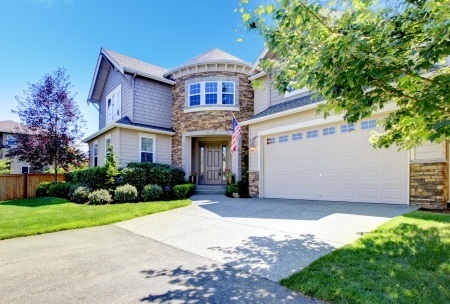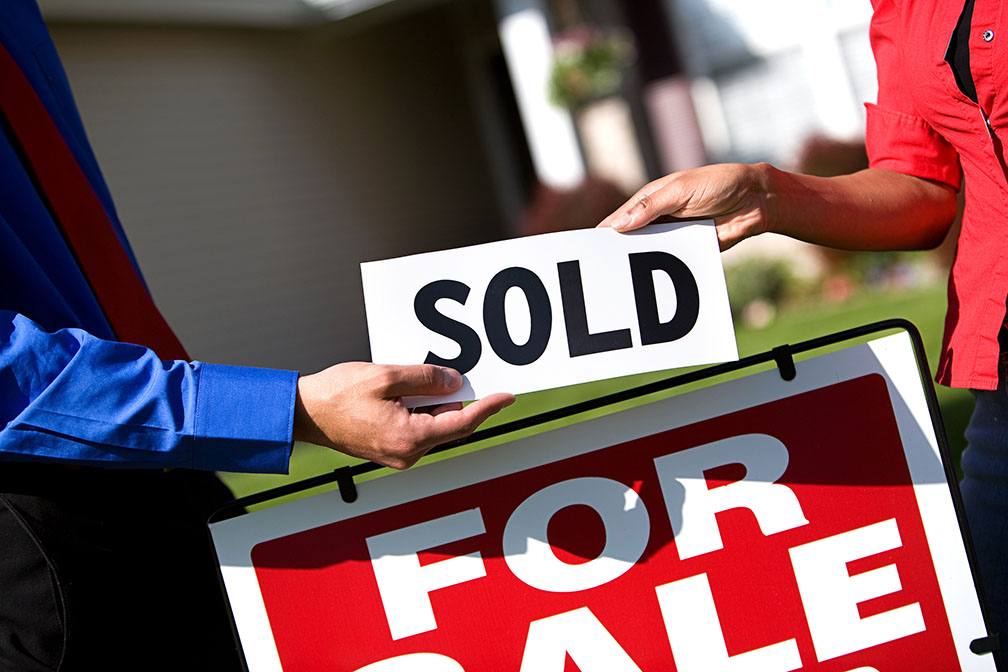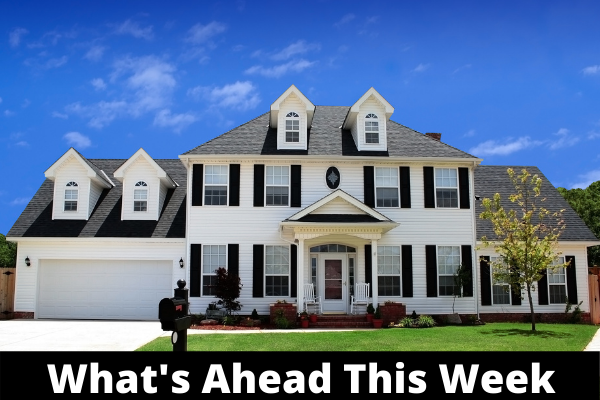 Whether you’re moving to a new home or you have a new family pet, it can be a struggle to make the place a little friendlier for them. From the garbage can to the cupboards and doors, there can be a lot of dangers that have the ability to hurt your furry friend you might not be aware of. If you’re looking for some simple ways to make their life a little easier, here are a few things you can do.
Whether you’re moving to a new home or you have a new family pet, it can be a struggle to make the place a little friendlier for them. From the garbage can to the cupboards and doors, there can be a lot of dangers that have the ability to hurt your furry friend you might not be aware of. If you’re looking for some simple ways to make their life a little easier, here are a few things you can do.
Take Care Of The Trash
The image of dogs sifting through the trash is common for a reason, so it’s important to guard your animal against the dangers of the dustbin. In addition to taking out any perishable goods on a consistent basis, it’s a worthwhile investment to purchase a tougher trash bin that your animal can’t get into. This will ensure they won’t be able to get at foods like fruit pits, coffee grounds and chocolate, which can be very harmful to their system.
Pick The Right Flooring
If you have the choice, ceramic tile or hardwood can be a great way to alleviate the tidy-up of having a live-in pet since you can easily wipe or sweep away the damage. If this isn’t possible and carpet is your only option, stick with something that closely matches the color of your pet. As well, if you’re letting your pet on the furniture, it’s worth investing in materials like leather and suede that are more durable and easy to clean.
Give Them Their ‘Space’
You may not have to worry about cleaning up after your pet as much if you can provide them with a space that’s all their own. While it doesn’t have to be anything fancy or sprawling, providing a comfortable bed where they like to nap and a water bowl or selection of toys will do the trick in making them feel right at home. It may also have the added benefit of keeping them away from the family couch!
Many homeowners are so pre-occupied with making themselves comfortable in their family home that they forget about the animal in the family. While it won’t necessarily take much to please your pet, watching the waste and giving them their own comfortable area can go a long way in making your home pet-friendly. If you’re currently in the market for a new home, contact our trusted real estate professional for more information.
 If you are looking for a way to make your home more sustainable in 2022, there are several options available. A lot of people are concerned about the environment, and you can do your part by reducing the amount of energy your home consumes. Furthermore, some of these home improvements are not that expensive and can actually save you money. Some of them might even increase the value of your house. Take a look at some of the top sustainable home improvements you should make below.
If you are looking for a way to make your home more sustainable in 2022, there are several options available. A lot of people are concerned about the environment, and you can do your part by reducing the amount of energy your home consumes. Furthermore, some of these home improvements are not that expensive and can actually save you money. Some of them might even increase the value of your house. Take a look at some of the top sustainable home improvements you should make below. The coronavirus pandemic has had a significant impact on individuals and families across the world, and it has permanently changed the way we live our lives. We will continue to wash our hands more frequently than before, we will probably avoid people if we are the slightest bit ill, and the way our homes work has been changed forever. In particular, open-concept living might not be as popular as it once was.
The coronavirus pandemic has had a significant impact on individuals and families across the world, and it has permanently changed the way we live our lives. We will continue to wash our hands more frequently than before, we will probably avoid people if we are the slightest bit ill, and the way our homes work has been changed forever. In particular, open-concept living might not be as popular as it once was.  One of the most significant challenges that many people face when preparing to buy a first home relates to saving money for a down payment. While there are many different loan programs with varying down payment requirements, the fact is that it can still be difficult to save up a large sum of money. Some programs may require you to save as much as 10 percent or 20 percent of the sales price of the home.
One of the most significant challenges that many people face when preparing to buy a first home relates to saving money for a down payment. While there are many different loan programs with varying down payment requirements, the fact is that it can still be difficult to save up a large sum of money. Some programs may require you to save as much as 10 percent or 20 percent of the sales price of the home. If you are in the market for a home, it is important for you to think about what is most critical to your housing search. Unless you have an unlimited budget, you will probably have to compromise somewhere to make a competitive offer on a house you can afford. Every buyer is different, but there are a few common themes regarding where buyers tend to compromise when looking for a house.
If you are in the market for a home, it is important for you to think about what is most critical to your housing search. Unless you have an unlimited budget, you will probably have to compromise somewhere to make a competitive offer on a house you can afford. Every buyer is different, but there are a few common themes regarding where buyers tend to compromise when looking for a house.  Last week’s economic reporting included readings on new and pending home sales, minutes from the Federal Reserve’s recent Federal Open Market Committee meeting, and data on inflation. Weekly readings on mortgage rates and jobless claims were also released.
Last week’s economic reporting included readings on new and pending home sales, minutes from the Federal Reserve’s recent Federal Open Market Committee meeting, and data on inflation. Weekly readings on mortgage rates and jobless claims were also released.